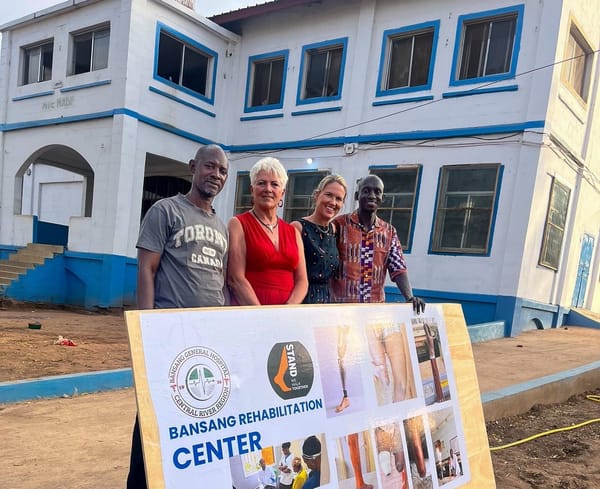Haemophilia Gene Therapy Patients Thriving Over a Decade After Treatment

By Health Correspondent
In a landmark breakthrough for gene therapy, researchers from UCL have reported the longest-known follow-up of any treatment for haemophilia B, confirming its safety and effectiveness more than a decade after initial administration.
The study, published in The New England Journal of Medicine, follows 10 adults with severe haemophilia B who received the gene therapy between 2010 and 2012.
The findings provide long-awaited answers about the therapy’s long-term durability—offering new hope for patients with the rare and potentially life-threatening bleeding disorder.
Haemophilia B is caused by a deficiency of factor IX, a protein in the blood that enables clotting after injury.
Affecting approximately one in 25,000 males, the condition can lead to spontaneous bleeding, chronic pain, and joint damage. Traditionally, patients have relied on costly and frequent injections of the clotting factor to manage symptoms.
The gene therapy—named scAAV2/8-LP1-hFIXco—uses an adeno-associated virus (AAV) to deliver a functional copy of the faulty F9 gene directly into patients’ cells. A one-time infusion, the treatment aims to restore the body’s ability to produce factor IX naturally.
Initial results, published in 2014, showed promise. However, questions remained about how long the benefits would last.
Now, more than ten years later, the therapy continues to prove its value.
According to the latest data, participants maintained steady levels of factor IX in their blood. The median number of annual bleeding episodes dropped from 14 to just 1.5—a nearly tenfold reduction.
“This is incredibly rewarding,” said Professor Amit Nathwani, chief investigator from the UCL Cancer Institute and the Royal Free Hospital. “The sustained safety and efficacy truly validate the potential of gene therapy as a one-time treatment. Our findings answer critical questions and offer profound hope to patients.”
Beyond reducing bleeding episodes, patients reported fewer hospital visits, reduced need for factor IX infusions, and a marked improvement in quality of life.
Dr Andrew Davidoff, co-investigator from the St. Jude Department of Surgery, added: “The key benefit is that gene therapy is a one-time, simple intravenous infusion that’s very straightforward to administer and potentially effective for life.”
The therapy, now marketed as Hemgenix, received approval from the UK’s National Institute for Health and Care Excellence (NICE) in 2024.
It is now available to some adults in the UK with moderately severe or severe haemophilia B.
The study was funded by a wide range of supporters, including the UK Medical Research Council, the Department of Health, NHS Blood and Transplant, and several charitable foundations such as the Katharine Dormandy Trust and the Assisi Foundation of Memphis.
As gene therapy continues to advance, the latest findings mark a significant milestone—turning what was once a lifelong, high-maintenance condition into one that could be managed with a single, transformative treatment.
If you have a positive story or uplifting news to share, we’d love to hear from you!
Just email us at news@goodnewspost.co.uk.
Whether it's a local hero, an act of kindness, or a personal win, your story could help spread joy and improve someone’s mental health. Let’s make the world a little brighter, one good news story at a time.
And don’t forget—you can sign up for free to get the latest feel-good stories straight to your inbox!





